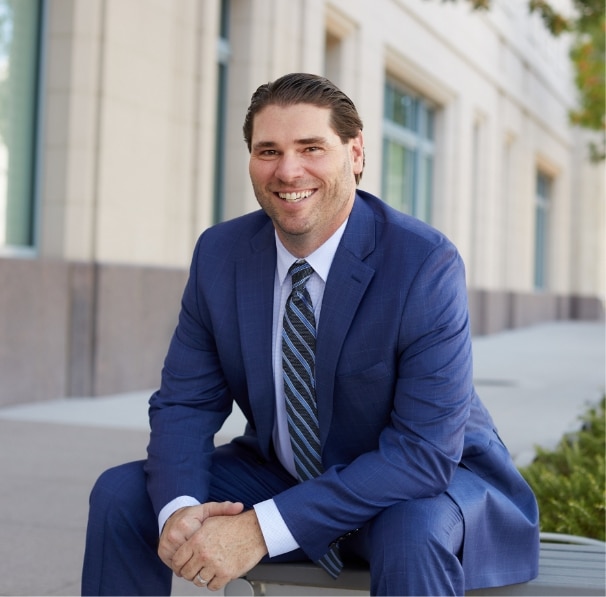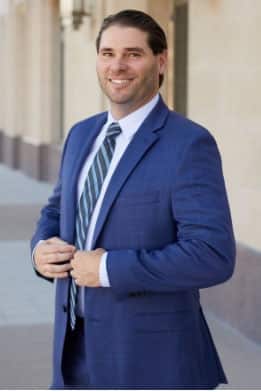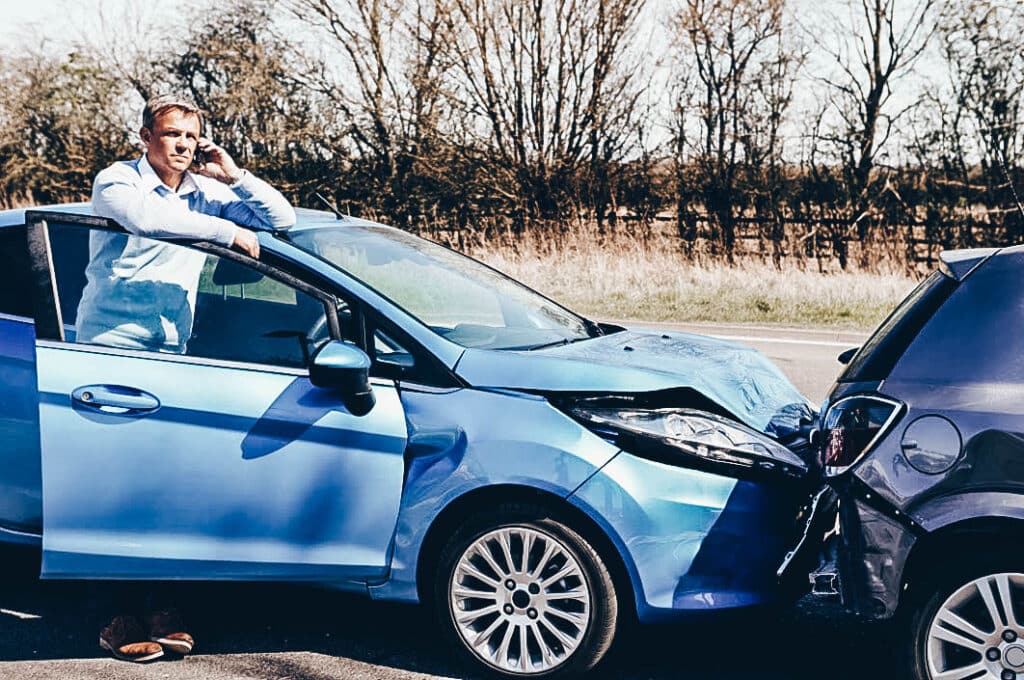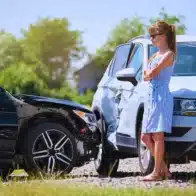After a deposition in a car accident case, the court reporter makes a written transcript so that both sides have a legible document containing the information gathered. Your lawyer may depose more witnesses to gather more information. The opposing side may ask you to complete another medical exam from a different doctor. After both sides have collected enough information, they may carry on with negotiations or proceed to trial.
Table of Contents
Toggle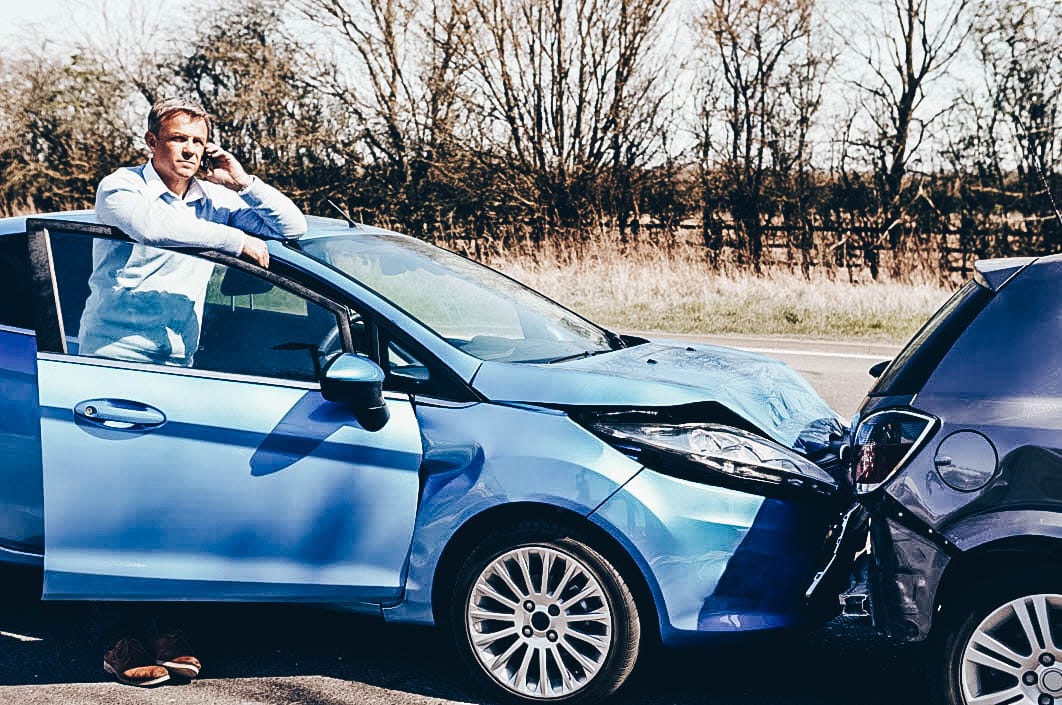
The parties may attend a mediation session if they cannot reach an agreement. You may receive a payment to cover your injuries or damages if an acceptable settlement offer comes out of the mediation session. The claim moves to trial if mediation or negotiation fails to yield a reasonable settlement.
What Is a Deposition in a Car Accident Case?
A deposition in a Nevada car accident case is a recorded session where the parties seek to collect information regarding the accident and your injuries. It is an essential step in the discovery stage of your car accident or personal injury case.
A deposition happens outside the courtroom, typically in a lawyer’s office. A court reporter usually attends the deposition to record testimonies and interactions. Lawyers for both sides are also present to interview the sworn witnesses.
Lawyers ask questions to collect more information regarding the actual cause of your injury and the accident. Your lawyer may use material gathered during the deposition to impeach contradictory witness statements at trial.
Your lawyer can depose any person with information that might help your case. Depositions can last for an hour or sometimes occur over the course of several days.
Lawyers use a subpoena to compel a witness to attend a deposition. A subpoena orders a person to show up at a specific place and time to testify. It can also order someone to provide information or materials, like medical records or video footage. The subpoena must give the subpoenaed person adequate time to respond. It must also adhere to the set guidelines, such as the court name, title of the legal matter, and ordering attendance.
Do You Need a Personal Injury Lawyer During a Deposition?
Having a Las Vegas personal injury lawyer on your side during a deposition can increase your chances of getting the best outcome. A skilled injury lawyer helps ensure the other side is not asking improper questions. Your lawyer can object to questions and ask you not to respond to questions that could put your claim at risk.
Before the actual deposition, a good injury lawyer guides you on what to expect and how to respond to questions. Proper preparation helps you stay calm and provide the best answers. Your lawyer can also discuss what happens after deposition in a personal injury case or car accident case in Las Vegas.
What Happens After a Deposition?
So, the deposition is over. What happens after a deposition?

A Court Reporter Makes an Accurate, Written Transcript
The law requires court reporters to record all court sessions or proceedings word-by-word. During the actual deposition, the court reporter records all testimonies and engagements using a stenotype, hand-held microphone, or recorder. The reporter then prepares an accurate, written document after the completion of the deposition.
Review of the Written Document
Both parties receive a copy of the written document several weeks after the deposition. Both parties take the time to review the details and ensure that it is accurate. The witnesses may also receive a copy and submit corrections.
Your lawyer reviews the document with you to ensure all information is accurate. Your lawyer may schedule another deposition if he or she feels more witness statements are needed to determine who is liable in your car accident, the owner or driver.
Re-Evaluation of Your Injuries
The opposing party may require you to see a different doctor for another assessment of your injuries. The other party often decides the doctor you will see for the independent medical exam. This medical exam may be biased. It’s a tactic that insurance companies frequently use to invalidate claimants’ injuries or disprove their severity.
Your lawyer will help you prepare thoroughly for this exam if the opposing party requests it. Ensure you follow your lawyer’s advice about the details you should disclose during the medical exam to avoid unknowingly hurting your chances of obtaining compensation.
Settlement Talks
Both parties may take settlement talks more seriously after the deposition, written transcript review, and independent medical exam. Negotiation can take a lot of time and often involves in-depth investigation.
Your lawyer will assemble all available evidence and utilize all resources to build a strong case for maximum compensation. Your lawyer will assess any settlement offer from the insurance company to see if it is reasonable.
If you accept the offer, your lawyer will collect the settlement check and deduct attorney fees and other out-of-pocket expenses as per the fee agreement. You will then receive a check for the rest of the money from your lawyer’s office. Your case will close, barring you from initiating civil proceedings for that accident in the future.
Mediation Session
If your lawyer cannot arrive at a negotiated settlement with the other party, Nevada law offers mediation as an option to settle injury cases before trial. Be sure to involve a Nevada personal injury lawyer to increase your chances of obtaining the best outcome from the mediation session.
A mediation session entails both parties, their lawyers, and a neutral mediator meeting outside the court. Both parties get a chance to argue their case and present their evidence to the mediator. The mediator then recommends steps both parties can take to reach a settlement.
The mediator’s primary role is to preside over the negotiation between your lawyer and the other side’s lawyer. He or she cannot compel you to agree to a compromise. You have the right to move the case to trial if mediation is unsuccessful.
Trial
At trial, each side gets a chance to introduce evidence and argue the case. Your lawyer will present witness statements, photographic evidence, surveillance camera footage, accident reconstruction data, medical records, and other relevant pieces of evidence.
Your car accident lawyer may also introduce an expert witness to explain certain unclear areas associated with your accident and injuries. He or she then gives a closing argument. The other side’s lawyer does the same as well.
The judge or jury will consider all the evidence and argument presented and provide its verdict. You will obtain monetary compensation for your damages if the verdict is in your favor.
Resolving a Car Accident Case in Nevada
Is it worth getting an accident lawyer to handle your car accident case? A car accident lawyer can help you navigate the lengthy, confusing process of resolving car accident cases. The lawyer helps ensure you know what happens after deposition in a car accident case. The lawyer also conducts depositions skillfully to help you recover the highest financial compensation possible.
